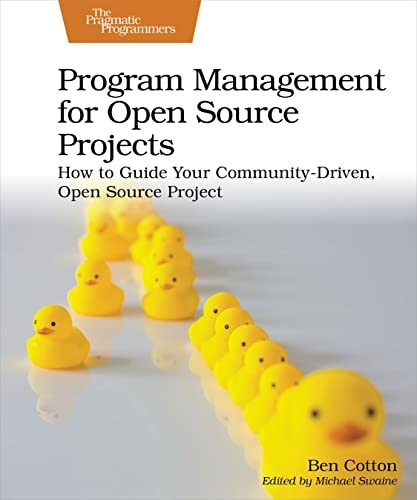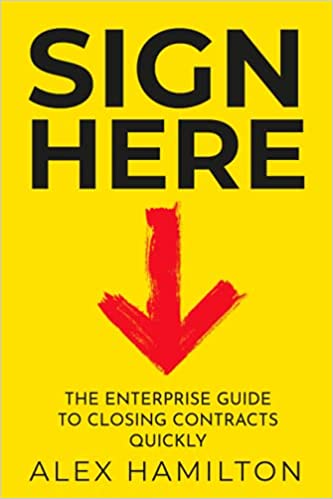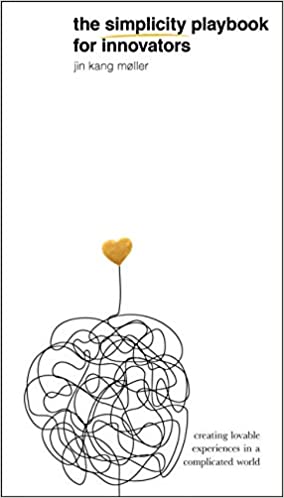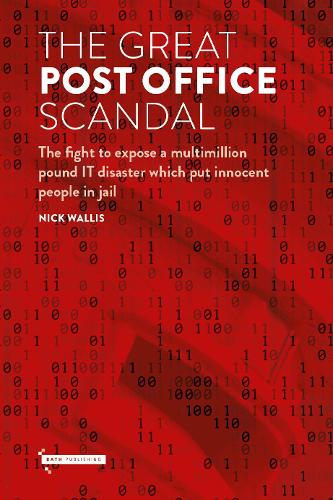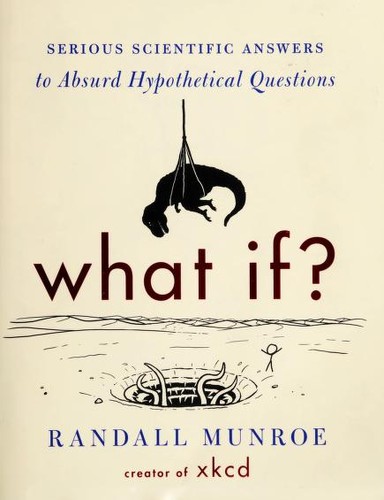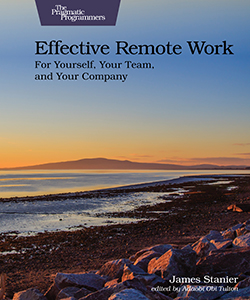The scale factor is an interesting and easy way to explain how working remotely can increase or decrease your work output. So we shouldn't dismiss others who find it tough, but also recognise that enhancements or efficiencies due to change are not a given.
User Profile
This link opens in a pop-up window
houfu's books
User Activity
RSS feed Back
houfu quoted Effective Remote Work by James Stanier
(o(team) + o(influence)) * r
Here's how to read the previous equation.
- The first part is just the management equation that we introduced earlier. It’s the sum of the output (o) of their team and the output of those they influence.
- The second part is a representation of their ability to adapt their skills and output to remote working (r). It can scale the previous part of the equation up or down. If they have no idea how to manage their team remotely and stay connected to others, we could imagine the scale factor being something like 0.1, thus diminishing their output. However, if the opposite is true, and they’re using all of the techniques we’re learning in this book to their full effect, we could imagine them having an even wider influence, thus scaling their output as a manager to 2, 3, 10, or beyond.
The scale factor is an interesting and easy way to explain how working remotely can increase or decrease your work output. So we shouldn't dismiss others who find it tough, but also recognise that enhancements or efficiencies due to change are not a given.
houfu finished reading the simplicity playbook for innovators by Jin Kang Moller
When we use [jobs to be done] as a lens, we get to uncover new perspectives that often contradict the usual perceptions of a business... What banks think customers want: Getting financial advice from the bank. Jobs that customer want to get done: Ticking off important milestones such as starting a family, buying a car.
— the simplicity playbook for innovators by Jin Kang Moller (Page 127)
The more pain the working team soaks up now, the less pain for thousands or eve millions of eventual users out there, and therefore a more delightful experience for them. How much pain are you absorbing in order to reduce your user's pain?
— the simplicity playbook for innovators by Jin Kang Moller (Page 115)
I guess I should have an ornamental pain sponge for those difficult days as well.
houfu wants to read Atlas of AI by Kate Crawford
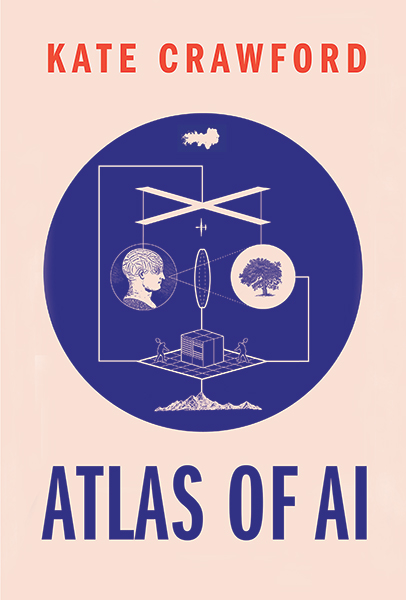
Atlas of AI by Kate Crawford
The hidden costs of artificial intelligence, from natural resources and labor to privacy, equality, and freedom
“Eloquent, clear and …
houfu commented on the simplicity playbook for innovators by Jin Kang Moller
Some ideas weren't welcomed by the internal stakeholders. For on, our idea of producing bank cards in multiple designs was criticised as it would increase operational costs without clear benefits. It was true that when customers were asked in a survey whether they were wiling to pay more for a customisable card designs, most ticked "No".
However the very same stakeholder changed his view completely when we invited him to observe how young people heaved in the prototype store. He saw how much time they spent looking at the card designs - more than the features of the product! He saw how the designs actually became a conversation-starter for people coming in to browse.
I remember that this was one of the most distinctive features of the OCBC Frank card. But it's also pretty intangible, no bank ever did the same thing again. That said, I …
Some ideas weren't welcomed by the internal stakeholders. For on, our idea of producing bank cards in multiple designs was criticised as it would increase operational costs without clear benefits. It was true that when customers were asked in a survey whether they were wiling to pay more for a customisable card designs, most ticked "No".
However the very same stakeholder changed his view completely when we invited him to observe how young people heaved in the prototype store. He saw how much time they spent looking at the card designs - more than the features of the product! He saw how the designs actually became a conversation-starter for people coming in to browse.
I remember that this was one of the most distinctive features of the OCBC Frank card. But it's also pretty intangible, no bank ever did the same thing again. That said, I guess this means you shouldn't read too much into user surveys.
houfu started reading the simplicity playbook for innovators by Jin Kang Moller
Weird aspect ratio. shiny heart on the cover. Oh I remember the Frank credit card by OCBC. It was cool and nice so it'd be good to look at its process. Then again the Frank card no longer exists so will take this with a pinch of salt.
Weird aspect ratio. shiny heart on the cover. Oh I remember the Frank credit card by OCBC. It was cool and nice so it'd be good to look at its process. Then again the Frank card no longer exists so will take this with a pinch of salt.
houfu rated Great Post Office Scandal: 5 stars
houfu finished reading Great Post Office Scandal by Nick Wallis
houfu started reading Sign Here by Alex Hamilton
houfu commented on Effective Remote Work by James Stanier
When you write something, ensure that you read it back before you slam your finger on the Enter key. Then read it again. Does it convey what you intended to convey? Are there any typos or ambiguous, woolly phrases that need to be removed? Would it be better if you wait for the conversation to unfold further before chipping in?
Measure twice, cut once. You won’t regret it.
houfu commented on Effective Remote Work by James Stanier
"... making progress on improving your onboarding process doesn’t just benefit new employees. It benefits everyone. This is because we all go through the contribution curve again and again as we face new challenges, projects, teams, and objectives. The better our onboarding, the faster we all become net-positive contributors as we go through change in the workplace."
"... making progress on improving your onboarding process doesn’t just benefit new employees. It benefits everyone. This is because we all go through the contribution curve again and again as we face new challenges, projects, teams, and objectives. The better our onboarding, the faster we all become net-positive contributors as we go through change in the workplace."
houfu started reading Pursuing Justice and Justice Alone by Goh Yihan

Pursuing Justice and Justice Alone by Goh Yihan
Pursuing Justice and Justice Alone was commissioned by The Honourable the Chief Justice Sundaresh Menon, and the book was edited …
